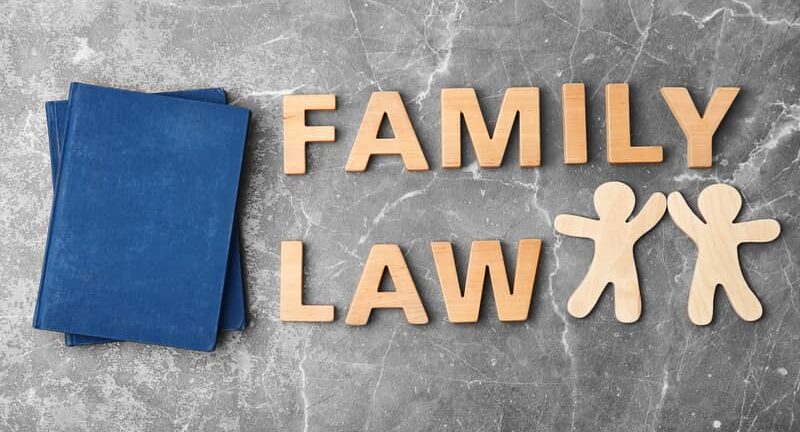
 North Carolina is one of only a small handful of states that allows for the filing of a lawsuit and cause of action against your unfaithful spouse’s lover. The North Carolina Court of Appeals recently upheld the ability in some cases to sue the person who had the affair with your spouse. This is called “alienation of affection,” or interference with a marriage, and “criminal conversation,” or adultery, as the basis.
North Carolina is one of only a small handful of states that allows for the filing of a lawsuit and cause of action against your unfaithful spouse’s lover. The North Carolina Court of Appeals recently upheld the ability in some cases to sue the person who had the affair with your spouse. This is called “alienation of affection,” or interference with a marriage, and “criminal conversation,” or adultery, as the basis.
The court of appeals noted, “They further the state’s desire to protect a married couple’s vow of fidelity and to prevent the personal injury and societal harms that result when that vow is broken.” They added, preventing “personal injuries and societal harms is a substantial government issue.”
The court rejected the argument that the laws are unconstitutional because they violate individual rights to intimate sexual activity and expression with other consenting adults.
So, what are alienation of affection and criminal conversation, and how do they come into play in North Carolina family law matters?
Alienation of Affection
When you bring a cause of action for alienation of affection, you’re suing a third party you believe to be responsible for the demise of your marriage. In most cases, this is a spouse’s lover, but that’s not always the case. In some matters, someone like a therapist or clergy member have advised someone to seek divorce, which falls under alienation of affection.
Alienation of affection cases require proof of elements like:
- There was a marriage with love and affection between spouses to some degree;
- The love and affection were indeed alienated and destroyed; and
- The malicious acts of the defendant contributed to or were responsible for that loss of love and affection.
The standard of proof in these causes of action typically revolves around showing the defendant intentionally engaged in acts that would impact the marriage, not necessarily that they intentionally set out to destroy someone’s marriage.
Criminal Conversation
Criminal conversation is a cause of action that typically accompanies alienation of affection lawsuits, and is a tort that arises from the act of adultery itself. The term conversation is an antiquated reference to sexual intercourse, which is pretty much obsolete except as used in this legal setting. In order for criminal conversation to apply, there must be an actual marriage between plaintiff and the spouse, and there must be sexual intercourse between the defendant and plaintiff’s spouse during that marriage.
Amendments to the Law
Not surprisingly, lawsuits for alienation of affection are hotly debated, which has led to some modifications to the law in recent years. Additional terms under § 52-13 Procedures in causes of action for alienation of affection and criminal conversation include:
- There is no cause of action if the alienation of affection and criminal conversation occur after the plaintiff and plaintiff’s spouse physically split
- An action shall not be commenced more than three years from the last act of the defendant giving rise to the lawsuit
- You can only sue a natural
Understanding Your Legal Rights
Alienation of affection and criminal conversation cases are not always applicable in every situation, but it’s important you understand your legal rights and available options. If you think your spouse may be cheating, contact the experienced family law attorneys at Powers Landreth PLLC today for a consultation.
Resources:
charlotteobserver.com/news/local/article171544957.html
ncleg.net/EnactedLegislation/Statutes/PDF/BySection/Chapter_52/GS_52-13.pdf
Related Posts
Equitable Adoption in North Carolina
The doctrine of Equitable Adoption is a judicially created “equitable” remedy...
Charlotte Child Custody and Contempt of Court
The North Carolina Court of Appeals ruled this week on a longstanding Charlotte...

